Money, horses, weapons – the Hungarian left was equipped with all of this in the 2022 national elections thanks to overseas support. According to information available thus far, the 2022 elections suffered an unprecedented attempt at foreign intervention in Hungarian domestic politics. Péter Márki-Zay, former left-wing coalition candidate for prime minister revealed near the end of the summer that his movement, the Everybody's Hungary Movement (Mindenki Magyarországa Mozgalom, MMM) received nearly two billion forints (almost five million euro) from the American organization, Action for Democracy (AD). This was used to fund the entire rainbow coalition’s campaign.
However, this could be about much more than just illegal campaign funding. Action for Democracy is deeply embedded in the American Democratic Party which, and it was established to “protect democracy” in Hungary, Brazil, and Italy by promoting a change of government. Several circumstances suggest that among these three countries, the organization, connected to George Soros, was especially focused on Hungary.
US money in Gyurcsány’s coalition campaign
The beginning of the year essentially started with AD contacting Márki-Zay and offering to finance his campaign. Dávid Korányi, well-versed and connected in the world of the international left-wing, is the founding president of this organization. He was also the undersecretary of state, chief foreign policy and national security advisor to former Socialist Hungarian PM Gordon Bajnai; currently, until the end of the year he is an advisor to Budapest Mayor Gergely Karácsony. After Márki-Zay revealed in a podcast over the summer that AD donated 1.8 billion forints (~ 4.3 million euros) to his movement, AD admitted to donating to MMM but did not specify an exact amount.
The amount mentioned by the left’s former PM candidate is exceptionally large for Hungary: the HUF 1.8 billion in question is roughly 1.5 times more than the sum of what the six parties of the Gyurcsány coalition spent in total on their campaigns.
Moreover, it seems that the US did not only send funds to supplement the 2022 campaigns, but also in 2019 for the municipal elections – more specifically, in support of Gergely Karácsony. This assumption is based on the fact that Karácsony’s campaign slogan “99 Movement Association” was listed as a supported organization on AD’s webpage. Later on, this was deleted from the website and Karácsony claims that during his primary bid for PM, he collected his HUF 260 million (~ 6.3 thousand euro) from donation boxes at fundraising events.
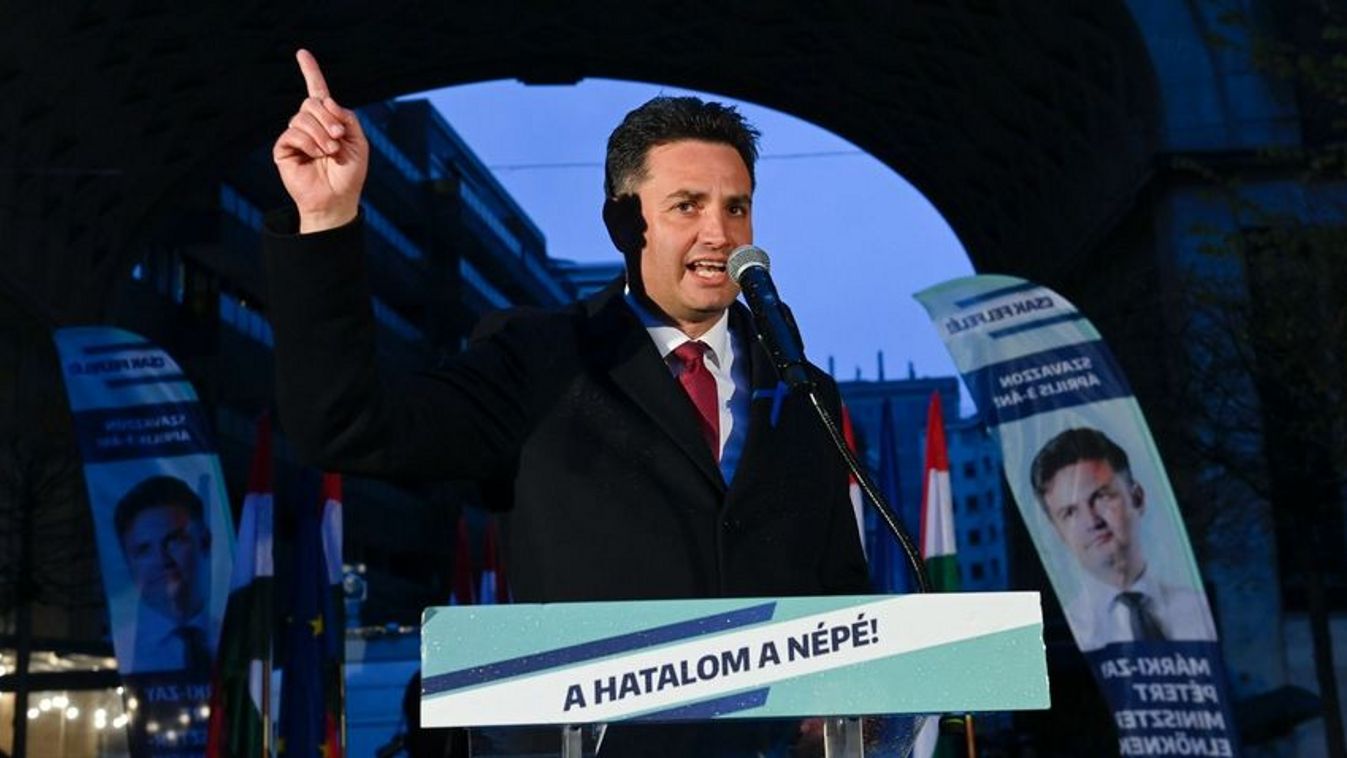
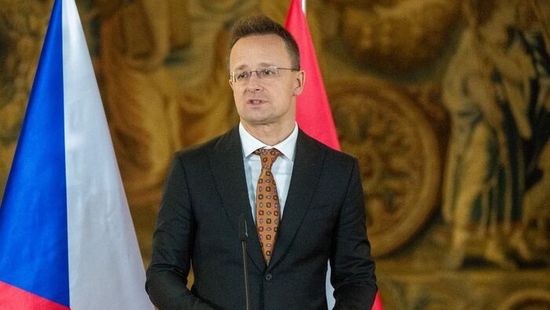
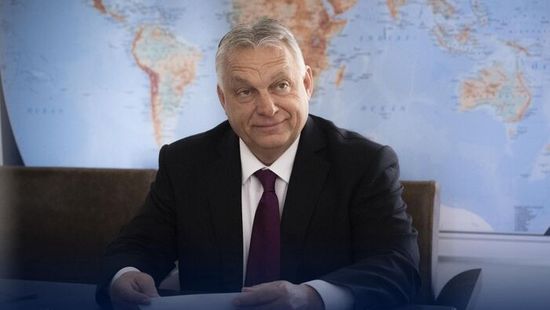
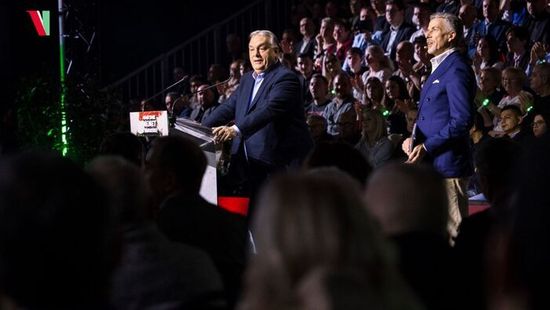





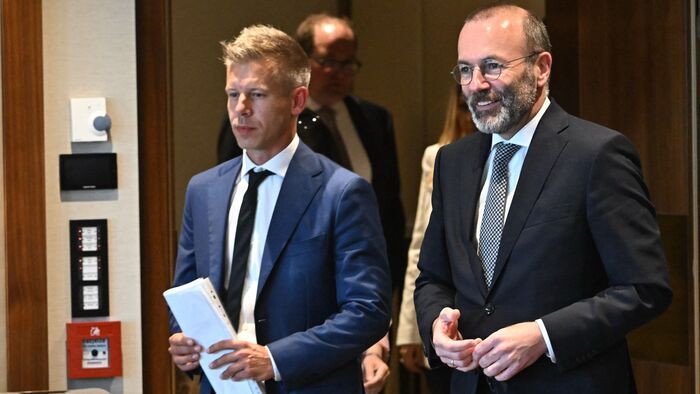





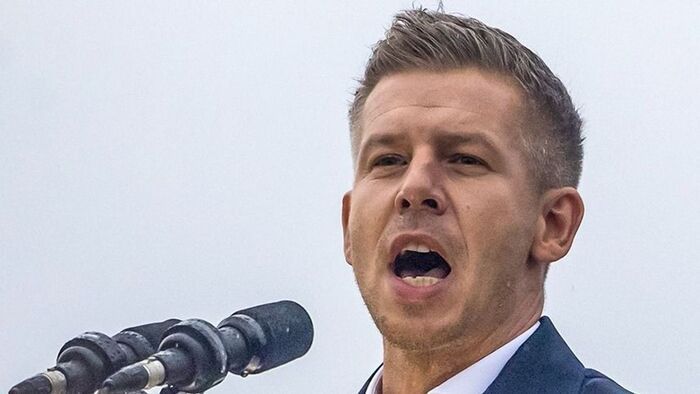



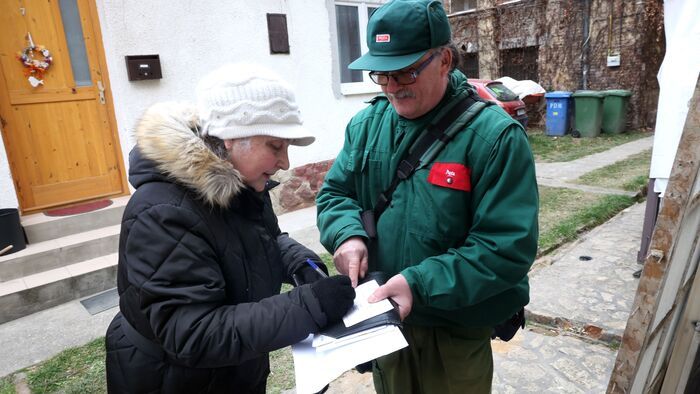



Szóljon hozzá!
Jelenleg csak a hozzászólások egy kis részét látja. Hozzászóláshoz és a további kommentek megtekintéséhez lépjen be, vagy regisztráljon!